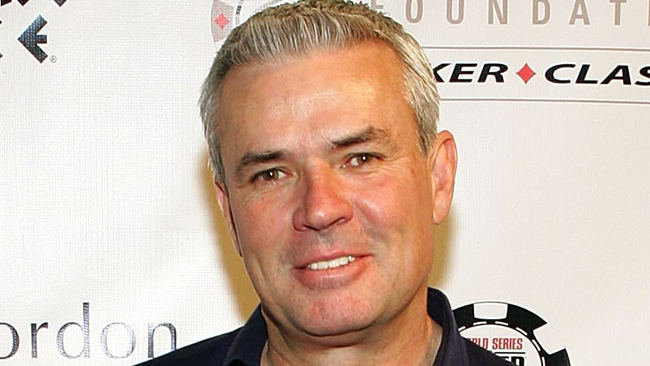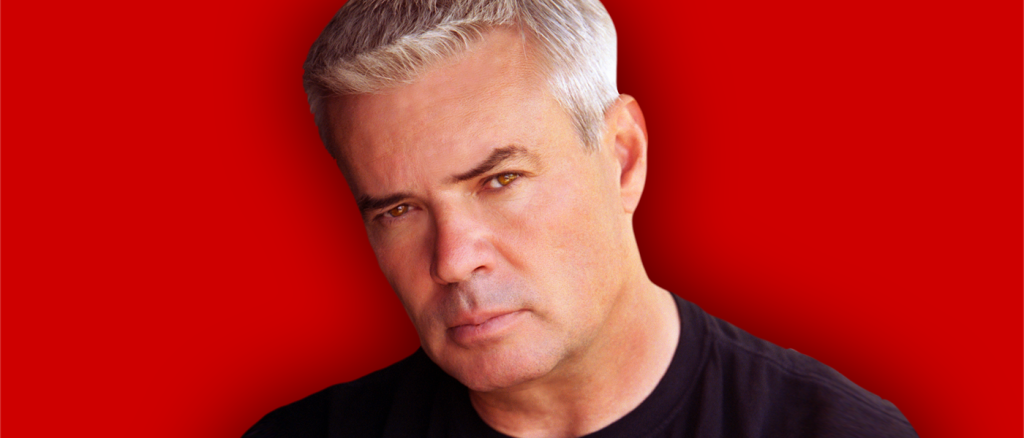
Eric Bischoff recently spoke with Sports Illustrated’s Extra Mustard to discuss the WWE Cruiserweight Classic. Below are some interview highlights:
The decision to use call the division Cruiserweights in WCW:
“When I created the Cruiserweight division in WCW, nobody called them cruiserweights in the industry at that point. That was a boxing term, not a wrestling term, but I did not want to call them junior heavyweights, light heavyweights, or anything that made them sound diminutive. I wanted it to sound special and cool. I’d watched wrestlers over in Japan who had that real hard-hitting, fast-paced athletic approach to their presentation, and I watched the luchadors when I’d been exposed to them in Los Angeles prior to hiring them.”
What he told the first Cruiserweights and using them in the Monday Night War:
“When I hired the first group of cruiserweights–which consisted of Dean Malenko, Chris Jericho and Eddie Guerrero–I sat them down in my office and I was very clear to them. I said to them, almost verbatim, ‘You need to be my human car crashes at 9pm.'”
“At that time, I had a three hour show from 8pm-11pm. It was easy to kick off the show hot, because we weren’t against the competition at that time, but to sustain a three hour show without a lot of diversity in our presentation was a real challenge. That’s why I wanted my cruiserweights to be live on television at exactly nine o’clock. We formatted our shows so that, at nine o’clock, we were in the heat of hard-hitting, fast-paced cruiserweight action, and it was so different from the WWE that it worked.”
His impact on some of WWE’s ideas:
“My [Legends interview with] JBL talks a little bit about my impact in wrestling where he enumerated a few of the things I did that still resonate today, even in the WWE product. The fact there is a live show on Monday is a direct result of what I established and what I did to overcome them in the ratings. They reluctantly brought in the cruiserweights they brought in the Rey Mysterios, the Chris Jerichos, the Dean Malenkos–that had that style of wrestling even though they didn’t brand them the way I did.
‘The WWE also embraced more of a reality-based approach to wrestling a year or two after I established it. I knew, deep down inside, were it came from. The WWE did it better than I did, and they’re still here and I’m not, but nonetheless–I knew where it came from.”

 Nick was born and raised in Detroit, Michigan, and lived there until the age of 18, when he decided to pack his flack jacket and move to New York City.
Nick was born and raised in Detroit, Michigan, and lived there until the age of 18, when he decided to pack his flack jacket and move to New York City.



